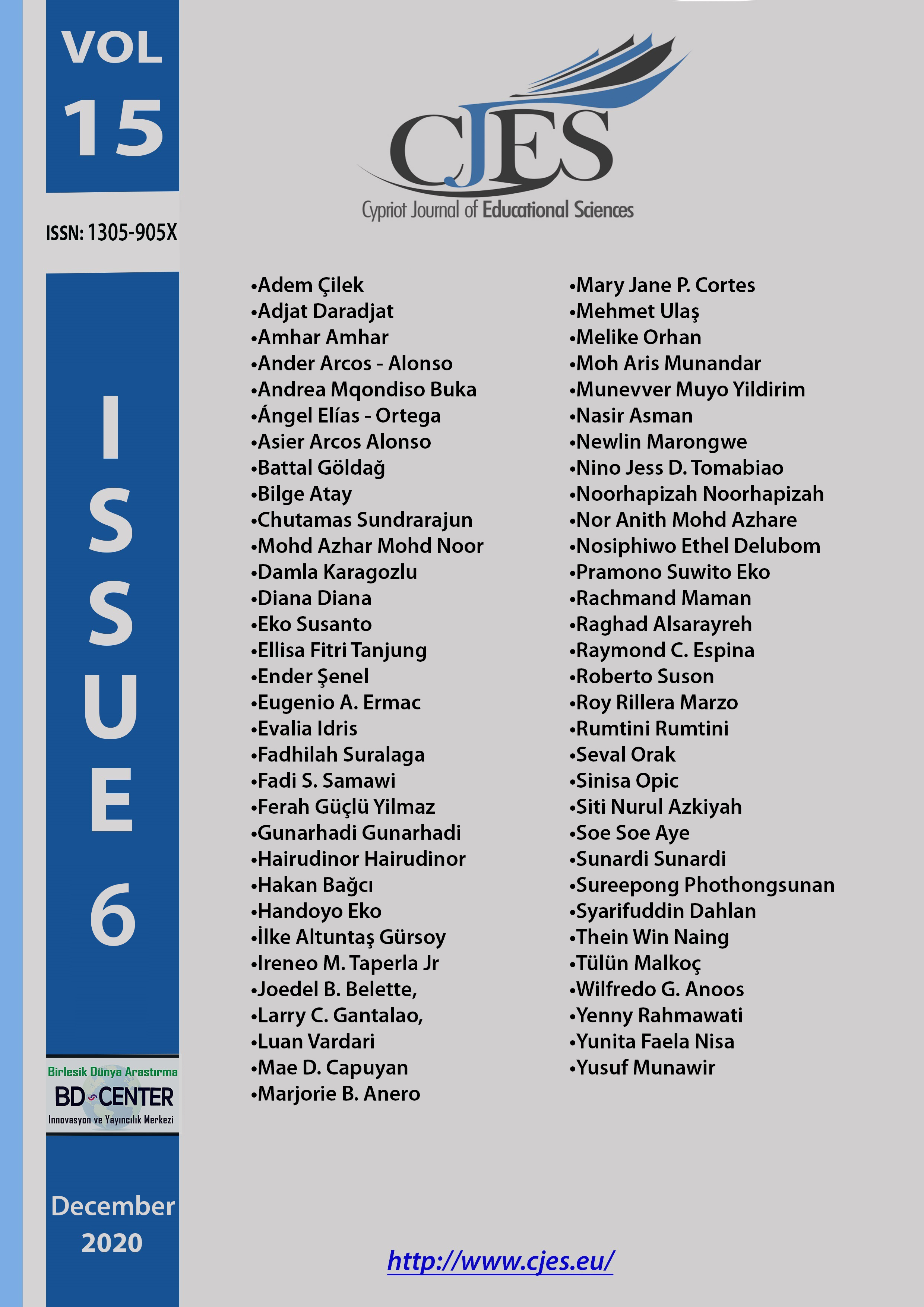Motivation and commitment of English student teachers of some Universities in Indonesia
Main Article Content
Abstract
Teachers play crucial roles; therefore, this study is intended to examine student teachers’ motivation (instrumental vs. integrative) and commitment (committed passionate, committed compromiser, undecided and uncommitted) to teaching. Quantitative approach using a questionnaire was conducted involving 328 English student teachers from some universities in Indonesia. Using the descriptive analysis, the findings show that those having integrative motivation are 56% and the highest figure for the level of commitment is, as expected, committed passionate (44%). Concerning gender differences, more males (M: 60%, F: 55%) were surprisingly found to have integrative motivation, although more females were found to have the highest level of commitment (M: 35%, F: 47%). These findings at the same time reveal a considerably high proportion of those who did not have a genuine motive to enroll in a teacher education programme and to commit to becoming teachers implying necessary measures from both the government and the teacher education institutions.
Keywords: Commitment, motivation, student teacher, teacher, teacher education.
Downloads
Article Details

This work is licensed under a Creative Commons Attribution 4.0 International License.
Cypriot Journal of Educational Sciences is an Open Access Journal. The copyright holder is the author/s. Licensee Birlesik Dunya Yenilik Arastirma ve Yayincilik Merkezi, North Nicosia, Cyprus. All articles can be downloaded free of charge. Articles published in the Journal are Open-Access articles distributed under a CC-BY license [Attribution 4.0 International (CC BY 4.0)].
Birlesik Dunya Yenilik Arastirma ve Yayincilik Merkezi (BD-Center)is a gold open-access publisher. At the point of publication, all articles from our portfolio of journals are immediately and permanently accessible online free of charge. BD-Center articles are published under the CC-BY license [Attribution 4.0 International (CC BY 4.0)], which permits unrestricted use, distribution, and reproduction in any medium, provided the original authors and the source are credited.

